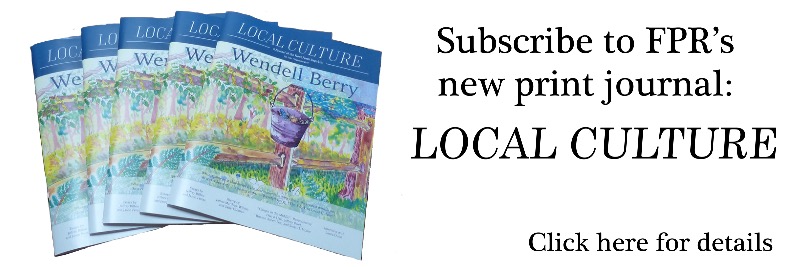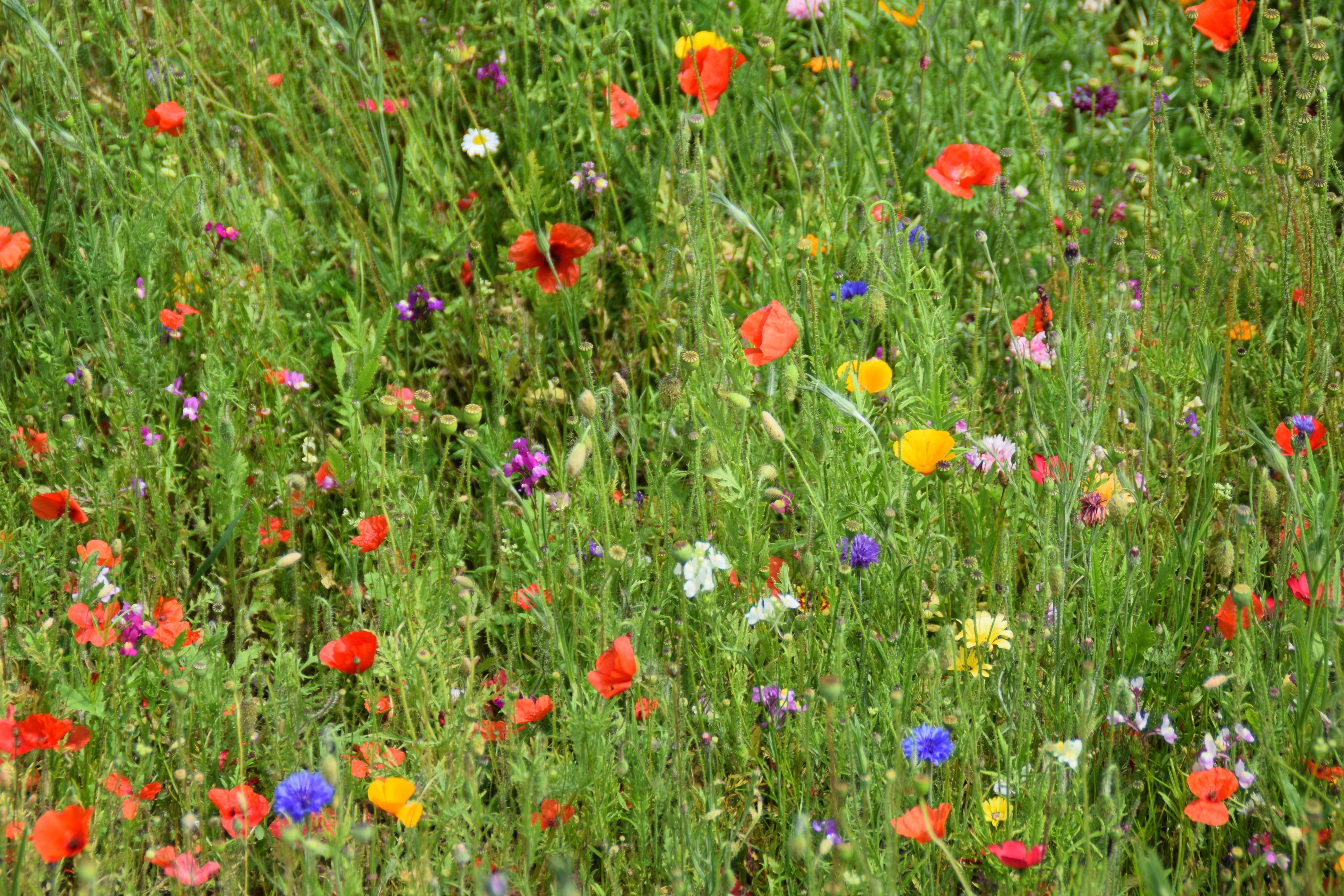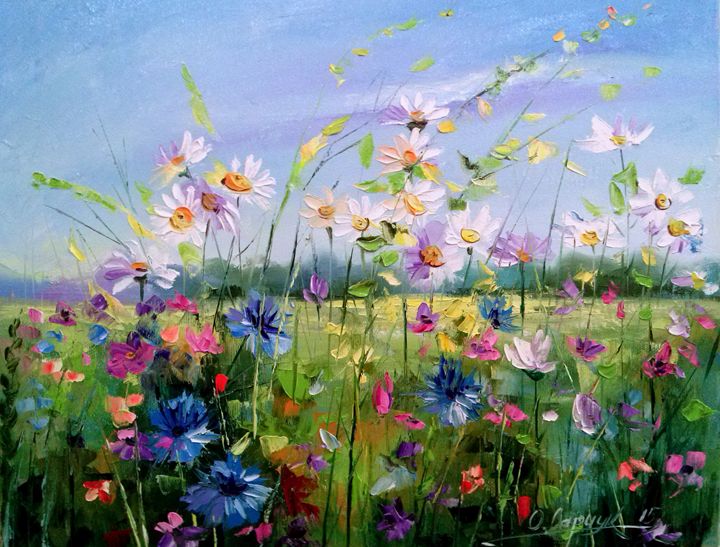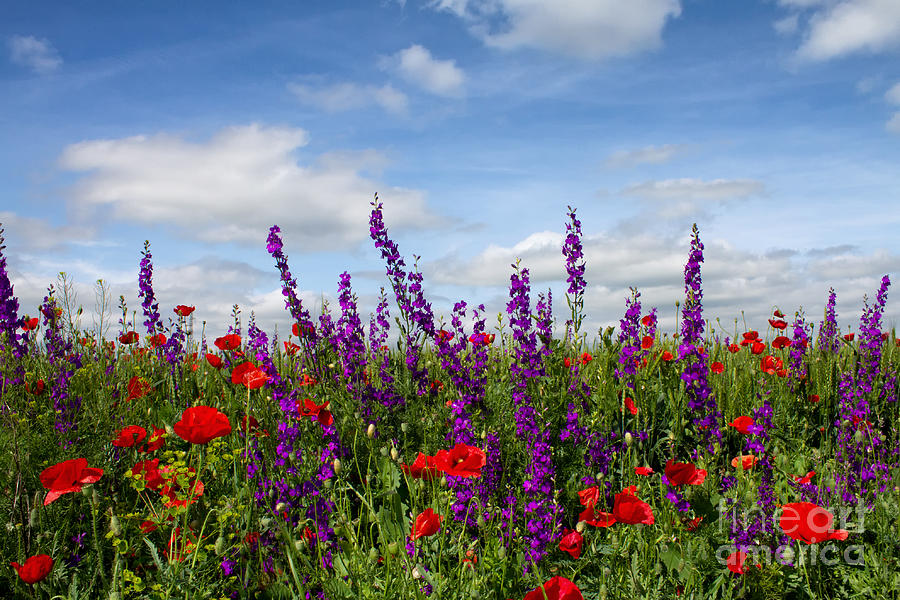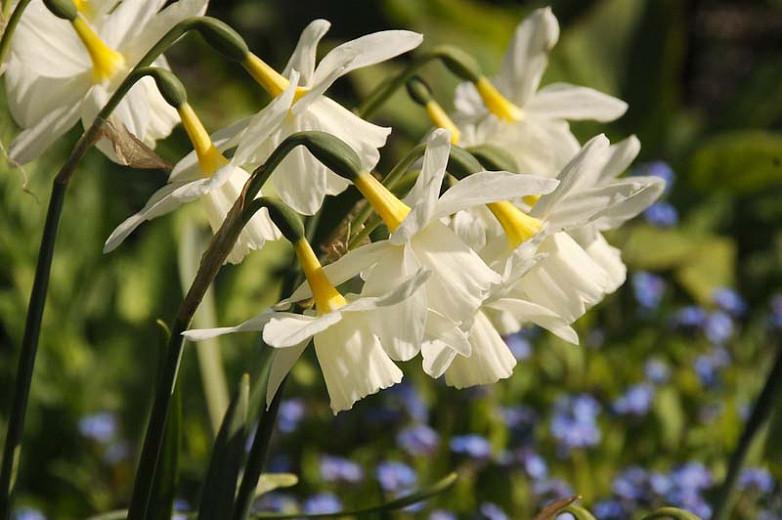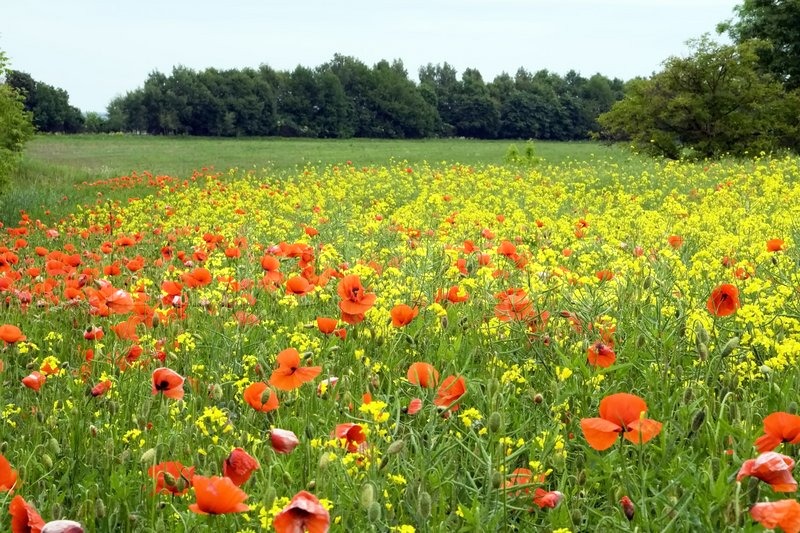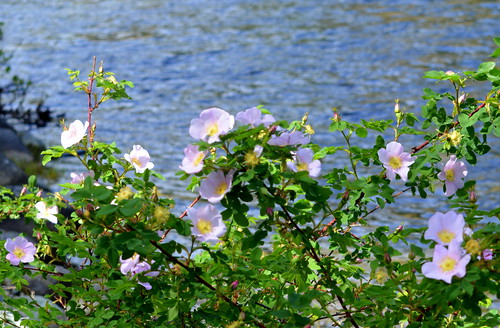
FARMER, ACTIVIST, ECONOMIST, SEER:
Why Wendell Berry is the Modern-Day Thoreau
by Andrew Marr
January 28, 2017
In the age of Donald Trump, we should all be
reading this radical American nature writer
Without topsoil, the thin layer between the Earth’s scores-of-miles-deep crust, and the atmosphere we breathe, we could not exist. The historian J R McNeill describes topsoil thus:
“It consists of mineral particles, organic matter, gases and a swarm of tiny living things. It is a thin skin, rarely more than a hip deep, and usually much less. Soil takes centuries or millennia to form. Eventually it all ends up in the sea through erosion. In the interval between formation and erosion, it is basic to human survival.”
The subject of topsoil is only for cranks. A serious political and literary journal such as this one knows it’s the kind of thing that balding, warty old chaps in tweed jackets like to bore on about; a Duke of Cornwall kind of thing. But turn to Ali Smith’s new novel, Autumn – which I take to be about our human autumn and not simply the seasonal one – and you find this epigraph, taken from a Guardian article published last July: “At current rates of soil erosion, Britain has just 100 harvests left.”
~ ~ ~ ~
This is the essential starting point for the introduction of Wendell Berry to a British audience. A Kentucky tobacco farmer, environmental activist, novelist, poet, essayist and economist, he is unlike anybody else writing today. He annoys the left because he is a socially quite conservative Christian and he infuriates the right with his lifelong opposition to the economic and political system of modern America.
[Berry's] best work is contained in his frequent salvos of essays, which I have been collecting during trips to America for much of my adult life. I first came across his work in a bookshop in Devon, where I was struck by a slim volume with the brutal title What Are People For?. It’s impossible not to wonder about the answer, so I read on and slowly accumulated a small library of books with names such as Standing by Words, The Long-Legged House and Another Turn of the Crank (Berry is drily aware of his reputation).
He writes at least as well as George Orwell and has an urgent message for modern industrial capitalism, which he considers to be a machine based on greed and short-termism that produces grotesque unfairness and waste – and will lead us, before long, to disaster. It is an apocalyptic message but conveyed with a gentle humour and defiant belief in the possibility of social reform that keep you turning the pages. Yet he can be a difficult sod, fiercely independent and, as the Americans would say, ornery. Back in the 1990s, I wrote to Berry asking him to allow me to edit a selection of his writing to be published for a British audience, preferably by Penguin. He said no. For one thing, he did not want to be published by any of the big houses – he had a strong loyalty to the small, independent San Francisco publisher North Point Press. And there was no question of him coming here to do interviews or publicity or anything like that: he won’t travel by aircraft.
The project died. And now, with Berry in his vigorous eighties, the writer and environmentalist Paul Kingsnorth has finally teamed up with a Penguin imprint to produce an excellent selection of his essays, The World-Ending Fire.
So here, from that book, is Berry on topsoil, first from an essay titled “The Work of Local Culture”. He has come across an old bucket hanging from a fence, and inside it there are leaves.
Rain and snow have fallen into it, and the fallen leaves have held the moisture and so have rotted. Nuts have fallen into it, or been carried into it by squirrels; mice and squirrels have eaten the meat of the nuts and left the shells; they and other animals have left their droppings; insects have flown into the bucket and died and decayed; birds have scratched it and left their droppings or perhaps a feather or two. This slow work of growth and death, gravity and decay, which is the chief work of the world, has by now produced in the bottom of the bucket several inches of black humus. I look into that bucket with fascination because I am a farmer of sorts and an artist of sorts, and I recognise there an artistry and a farming far superior to mine, or to that of any human.
Berry is an attentive, close-watching writer whose rhythms are slow, seasonal and patient. In an essay about his native land, he walks and meditates on his death – and yes, talks about topsoil as well, this time calling it “Christlike” in its beneficence and the penetrating energy that issues out of it:
“It increases by experience, by the passage of seasons over it, growth rising out of it and returning to it, not by ambition or aggressiveness. It is enriched by all things that die and enter into it. It keeps the past, not as history or as memory, but as richness, new possibility. Its fertility is always building up out of death into promise. Death is the bridge or the tunnel by which its past enters its future.”
As a farmer, he observes the terrifying speed at which soil across America – as across Europe and Asia – is being washed into the ocean and lost. The crucial thing about Berry is that he didn’t move. As a young man, he had the opportunity to relocate to New York or one of the other big cities and become an academic writer. That would have been the “sensible” thing to do, as moving away is the “sensible” thing for all country people to do. (Remember that the biggest migration in human history is going on now and it is the migration from rural parts of the planet to the cities.) Instead, he returned to north-eastern Kentucky, where his family had lived for generations, reading and writing and farming.
The conclusion of his life, as well as of his essays, is that we must return to cherish and look after the soil we depend on. The scale of the devastation all around us is such that his cause must seem impossible. To which he replies:
“Our destructiveness has not been, and it is not, inevitable. People who use that excuse are morally incompetent, they are cowardly, and they are lazy. Humans don’t have to live by destroying the sources of their life. People can change; they can learn to do better. All of us, regardless of party, can be moved by love of our land to rise above the greed and contempt of our land’s exploiters.”
Berry is a radical, even an extremist. In one notorious essay, he wrote that he would never buy a computer (notorious because his wife, it turned out, did the typing for him); he is a militant critic of US wars; and he farms using horses, not tractors. In some ways, he is like a modern Thoreau and although he mistrusts movements and any violent threat to systems, he vigorously defends civil disobedience. Like John Berger, he has championed the cause of migrant workers, and he is one of the most compelling writers on racism in America.
Yet [Berry] is the least joyless of writers, a great celebrator of poetry in general and Shakespeare and T S Eliot in particular; a luminous lover of nature and a man of robust appetites. His essay on the pleasures of eating is a rare example of political writing that makes you salivate.
After Donald Trump’s election, we urgently need to rediscover the best of radical America – that of Mark Twain, Gary Snyder and Edward Abbey. An essential part of that story is Wendell Berry. It is axiomatic that such a bold and questioning writer should be an uncomfortable writer and difficult to swallow whole. Few of us can live, or even aspire to, his kind of life. But nobody can risk ignoring him.
Amazon Link
The World-Ending Fire by Wendell Berry
Introduced by Paul Kingsnorth | Published by Allen Lane
"America's greatest philosopher on sustainable life and living." ―Chicago Tribune
In a time when our relationship to the natural world is ruled by the violence and greed of unbridled consumerism, Wendell Berry speaks out in these prescient essays, drawn from his fifty-year campaign on behalf of American lands and communities.
The writings gathered in The World-Ending Fire are the unique product of a life spent farming the fields of rural Kentucky with mules and horses, and of the rich, intimate knowledge of the land cultivated by this work. These are essays written in defiance of the false call to progress and in defense of local landscapes, essays that celebrate our cultural heritage, our history, and our home.
With grace and conviction, Wendell Berry shows that we simply cannot afford to succumb to the mass-produced madness that drives our global economy―the natural world will not allow it.
Yet he also shares with us a vision of consolation and of hope. We may be locked in an uneven struggle, but we can and must begin to treat our land, our neighbors, and ourselves with respect and care. As Berry urges, we must abandon arrogance and stand in awe.


![Nathan Coulter: A Novel (Port William) by [Wendell Berry]](https://m.media-amazon.com/images/I/41MBsJd4dfL.jpg)












